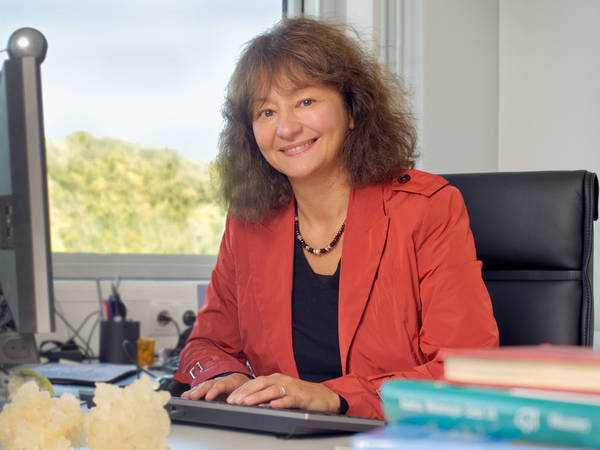About
Integral membrane proteins insert into the bacterial plasma membrane in a co-translational fashion through the lateral gate of the SecYEG translocon, a protein-conducting channel in the plasma membrane. Together with the core translocon SecYEG the accessory proteins YidC, SecDF and YajC form the holotranslocon. The long-term aim of this project is to understand the function of the translocon as a cellular gate for the biogenesis of inner-membrane proteins. We will follow co-translational membrane insertion in real time using mainly fluorescence-based methods, including PET, FCS, FRET, and single-molecule FRET. To study how YidC is incorporated we will examine the role of SecYEG in the membrane insertion of the N-terminal region of YidC and the handover of the C-terminal domain of YidC from the ribosome to SecB/SecA. Co-translational folding and membrane insertion of proteins of different topology will be monitored using LepB and EmrD as examples for different topological arrangements. We will then examine how YidC and SecYEG cooperate in the insertion of membrane proteins, in particular of polytopic membrane proteins. These experiments will provide an insight into dynamics and function of a cellular gate guarding insertion, assembly and topology of inner-membrane proteins.






